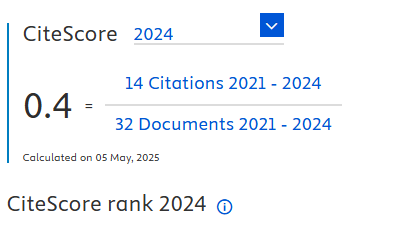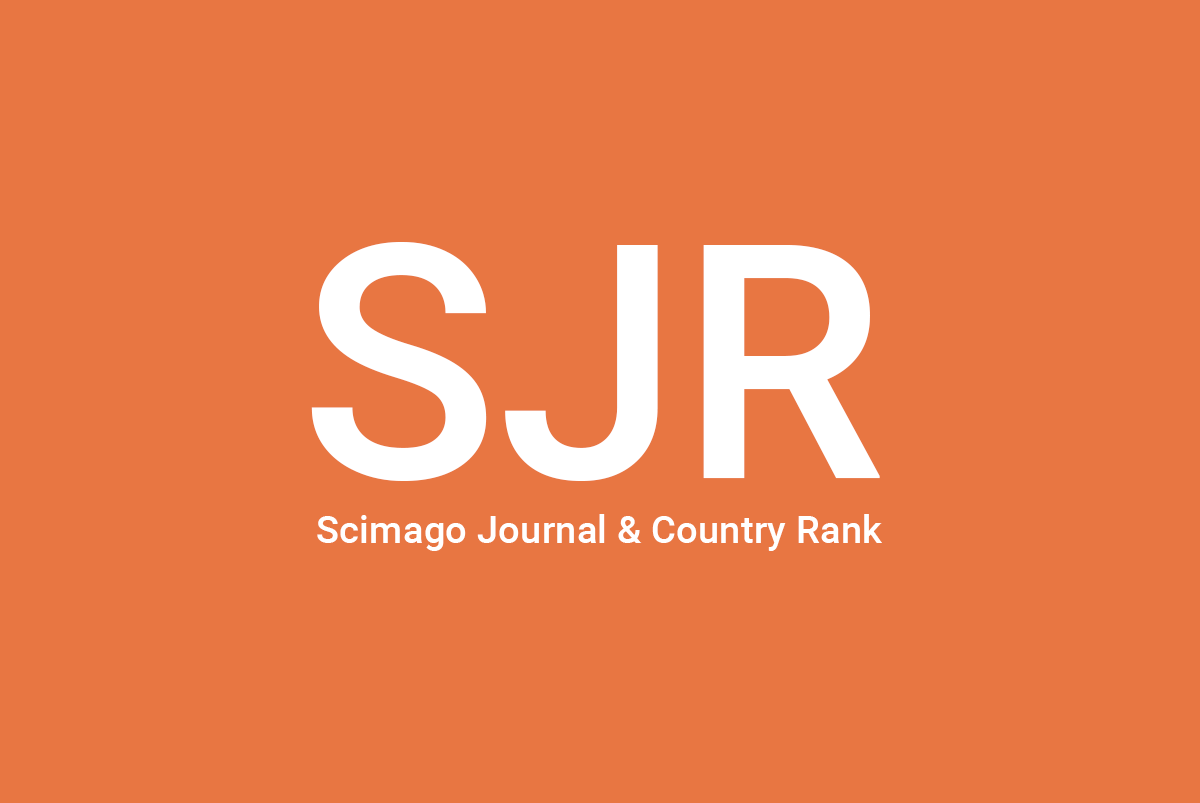Submissions
Submission Preparation Checklist
As part of the submission process, authors are required to check off their submission's compliance with all of the following items, and submissions may be returned to authors that do not adhere to these guidelines.- The submission has not been previously published, nor has it been submitted for consideration to any other journal (or an explanation has been provided in the Editor's Comments).
- The file extension is in OpenOffice, Microsoft Word or RTF format.
- Whenever possible, URLs are provided for references.
- The text is single spaced; 12 points of font size; italics are used instead of underlining (except in URLs); and all the illustrations, figures and tables are placed in the appropriate places of the text, instead of at the end.
- The text adheres to the stylistic and bibliographic requirements summarized in the Author's Guidelines, which appear in About the journal.
- If submitted to a peer-reviewed section of the journal, the instructions in Ensuring an anonymous evaluation should be followed.
STUDIES
Studia Hegeliana only admits original papers, preferably written in Spanish, English, French, German and any other Romance language. The selection of manuscripts is based on peer review system. All papers must not have been sent to other journals. Publishing implies that the texts meet the style and literary conventions of Studia Hegeliana .
Originality and scientific contribution are major assessment criteria. Should the manuscript be revised, the author will be returned a full anonymous report; in the case of a negative review, the author will receive, if required, a detailed feedback on the article. The maximum period for the assessment will be four month.
Length of contributions: The text must be written in A-4 format, Times 12; footnotes in Times 10. STUDIES text plus notes not exceeding 7500 words. If this number of words is exceeded, the journal's board will decide whether it is justified or not.
Critical Translations
Translations of specific texts related to the interests of Studia Hegeliana are published. The appropriate length of the translation submitted will be decided by the editorial team.
REVIEWS
Works published less than 3 years ago and related to the theme of the journal Studia hegeliana are disseminated and discussed.
Length of contributions: The text must be written in A-4 format, Times 12; footnotes in Times 10.
Between 1200 and 2000 words.
Jornal editorial Team decides whether or not to include them.
BIBLIOGRAPHICAL REPORTS
Reports or dicussions on bibliography related to Hegel.
Length of contributions: The text must be written in A-4 format, Times 12; footnotes in Times 10.
Text plus notes not exceeding 6500 words.
Copyright Notice
This journal provides immediate free access to its content under the principle of making research freely available to the public. All contents published in Studia Hegeliana. Journal of the Spanish Society for Hegelian Studies, are subject to the Creative Commons Attribution-NonCommercial-ShareAlike 4.0 licence (specifically, CC-by-nc-sa), the full text of which can be found at <http://creativecommons.org/licenses/by-nc-sa/4.0>. Derivative works are therefore permitted as long as they are not used for commercial purposes. The original work may not be used for commercial purposes. The journal is not responsible for the opinions expressed by the authors of the works published in it.
It is the authors' responsibility to obtain the necessary permissions for images that are subject to copyright.
Authors whose contributions are accepted for publication in this journal retain the copyright. It is non-exclusive right to use their contributions for scholarly, research and educational purposes, including self-archiving or deposit in open access repositories of any kind.
Since volume 7 of 2021 the journal Studia Hegeliana has changed the copyright. Since that year the authors have retained the copyright.
The electronic edition of this journal is published by the Editorial de la Universidad de Málaga (UmaEditorial), being necessary to cite the source in any partial or total reproduction.
Privacy Statement
The names and email addresses entered in this journal will be used exclusively for the purposes established in it and will not be provided to third parts or for their use for other purposes.

244.png)






















